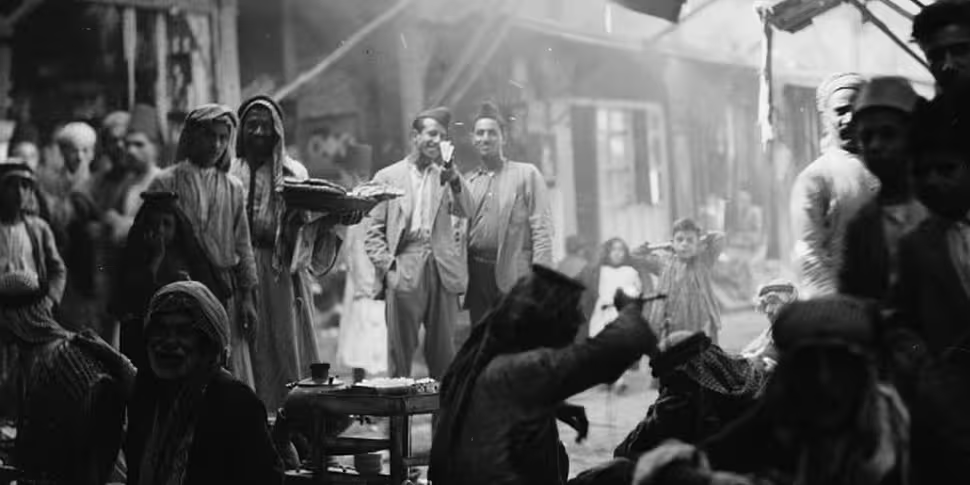The geopolitical map of the modern Middle East was carved out in the wake of the First World War. In 1918 the once vast Ottoman Empire had crumbled, leaving the victorious Allies to carve new nations and spheres of influence from its carcass. Having carried most of the fighting in the region Britain took control of Mesopotamia and began the process of breaking the region into autonomous subjects, many of which we can still point to today.
One of the key figures in creating the new map of the Middle East was the writer, spy, archaeologist, and polymath Gertrude Bell. Born to a wealthy and politically successful family in 1868 Gertrude enjoyed opportunities open to few of her peers. While most women were forced to play supporting role to their husbands or fathers Gertrude saw the doors of Oxford and the paths of the world open before her.
While this was largely thanks to her family’s wealth and connections Gertrude’s own ability saw a girl with opportunities transform into a woman with a legacy.
After studying history in Oxford, one of the few subjects open to women at the time, Gertrude visited her uncle who was a British minister in Teheran. This was the beginning of her lifelong affair with travel and adventure as she began to explore Arabia and conquer mountains across Europe and the Middle East. During this time she came close to death many times, became a highly regarded archaeologist, and learned Arabic, Persian, French, German, Italian, and Turkish.
These skills and languages came to serve Gertrude well when war broke out in 1914. After a brief stint serving with the Red Cross in France she was approached by British Intelligence to help with the war effort in the Middle East. From 1915 until the end of the war she served as one of the most important figures in the desert campaign against the Ottoman Empire. The planning, information, and politicking of Gertrude, T.E. Lawrence, and others helped Britain mobilise local resistance, capture Baghdad, and eventually defeat the Ottoman Empire in the east.
As the foremost authority on the region and commanding the respect of the tribal and political leaders in the region Gertrude was tasked with analysing the situation in Mesopotamia and formulating Britain’s strategy in the region. ‘Self Determination in Mesopotamia’ became the blueprint for the formation of the Iraqi state. Gertrude was asked to remain as Oriental Secretary and help with the transition of power from British forces to the incoming king Faisal bin Hussein.
The deposed king of Syria it was hoped that Faisal’s lineage from Muhammad and Sunni background would make him amenable to Iraq’s Shi’a, Sunni, and Kurdish populations. Though the transition was tougher than expected the new Iraqi state soon became reasonably economically and politically stable, thanks in large part to Gertrude’s efforts.
In 1926, however, Gertrude’s younger brother died of typhoid. Gertrude herself had just recovered from a bout of pleurisy herself following a trip back to England in order to address family issues and her own failing health. On the 12th of July 1926 she was found dead, from an apparent overdose of sleeping pills.
Though Gertrude had suffered periods of depression and risky behaviour since her mother’s death, when Gertrude was only three years old, she had also asked to be woken by the maid; leading many to speculate whether her death was suicide or accident. She was laid to rest as one of the most accomplished women in the world. She had commanded the respect of the British authorities, tribal leaders, and kings and helped to shape and mould the new Middle East.
‘Talking History’ looks at the extraordinary life of Gertrude Bell and the legacy she has left the world. What was life like for this woman of adventure and intellect? How was she able to conquer the male dominated world? And what has her last legacy been?









